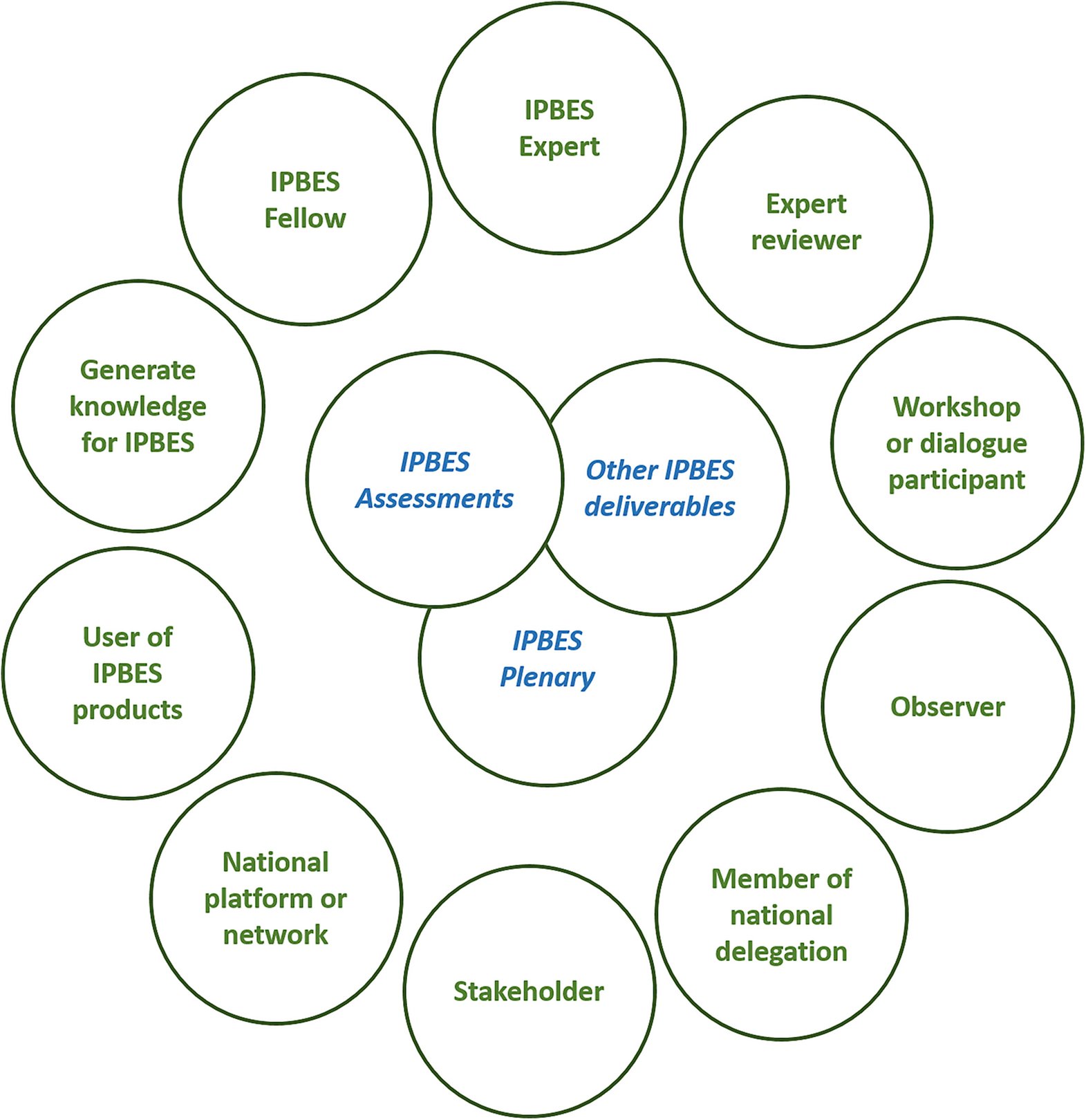Freshwater biodiversity
More freshwater experts needed in the IPBES biodiversity panel

Freshwater systems are not given the same priority as ‘land and oceans’ in global environmental governance. Photo: Noyan Yilmaz via Canva.
Centre researcher Jan Kuiper lists why and how more freshwater experts could contribute to the Intergovernmental Science–Policy Platform on Biodiversity and Ecosystem Services
- Rivers, lakes, ponds, and wetlands host a rich biodiversity and provide essential benefits to people around the world
- Even though a third of freshwater species are threatened, freshwater ecosystems tend to be underrepresented in global environmental governance processes
- In the light of this, a new publication by Jan Kuiper summarizes how more freshwater experts could contribute to global environmental governance via IPBES
The new publication fits in a series of articles that warn about the global freshwater biodiversity crisis and try to get it higher on the international agenda.
“This is urgent because freshwater biodiversity is exceptionally rich, disproportionally threatened, yet, problematically, remains understudied and underrepresented in global environmental governance,” explains Jan Kuiper, single author of the piece published in the viewpoint section of the journal Aquatic Conservation: Marine and Freshwater Ecosystems.
Compared to a previous article on the same subject, the new one is more inward-looking, calling on freshwater experts to become more involved in the Intergovernmental Science–Policy Platform on Biodiversity and Ecosystem Services (IPBES). Kuiper argues this is a good way forward to help ensure that freshwater biodiversity and their ecosystems get the recognition they deserve in global environmental governance.
A how-to guide
The article is basically a manual, or “IPBES for dummies” if you like, explaining in detail the various ways that freshwater experts can contribute to IPBES.
“Hopefully, this is not only useful for freshwater experts, but for everyone who wants to better understand how IPBES works and how to engage with it,” says Jan Kuiper.

Overview of the diverse avenues through which freshwater experts can actively engage with the Intergovernmental Science–Policy Platform on Biodiversity and Ecosystem Services (IPBES).
The list of ways for (freshwater) experts to contribute includes participating in the writing of IPBES assessment reports adopted by the 139 member states; engaging in the external review process of IPBES products; filling in knowledge gaps as identified by IPBES assessment reports to inform upcoming assessments; implementing IPBES outcomes and recommendations in practice; and actively engaging with plenary meetings of government delegations to influence decisions. For younger experts, there is also an IPBES fellowship programme for early career researchers.
Even outside the direct work of the biodiversity panel, scholars can easily contribute, writes Kuiper. This can be done by using concepts and frameworks developed under IPBES in their own research, e.g., “The IPBES conceptual framework”, the concept of “Nature's Contributions to People”, and “The Nature Futures Framework”.
Key dates
In an effort to be even more concrete, Kuiper also lists a number of key dates for engaging with IPBES in 2023, including the 10th plenary meeting to be held August 28–September 2, as well as e.g., upcoming opportunities for new experts to be included in task forces.
The article concludes with a call to action where Jan Kuiper emphasises both the opportunity and responsibility for experts to engage with IPBES as a key mechanism to provide governments with the freshwater knowledge they need, and help them make use of it.
“I call on freshwater experts from around the world /…/ to offer time and expertise to IPBES. I especially call on experts from the global south, Indigenous and local communities, and social sciences and the humanities, as their knowledge and data remain particularly underrepresented in environmental assessments.”
IPBES
The Intergovernmental Science–Policy Platform on Biodiversity and Ecosystem Services was established in 2012. Today it is an independent body among 139 member states with the main task to perform assessments of knowledge on biodiversity and ecosystem services in such a way that policymakers can directly use them. It is comparable to the Intergovernmental Panel on Climate Change (IPCC), but it is not a United Nations body even though its secretariat is hosted by the UN Environment Programme (UNEP).
Kuiper, J. 2023. A plea for more freshwater experts in IPBES. Aquatic Conservation: Marine and Freshwater Ecosystems. 1– 9.
DOI: 10.1002/aqc.3956








